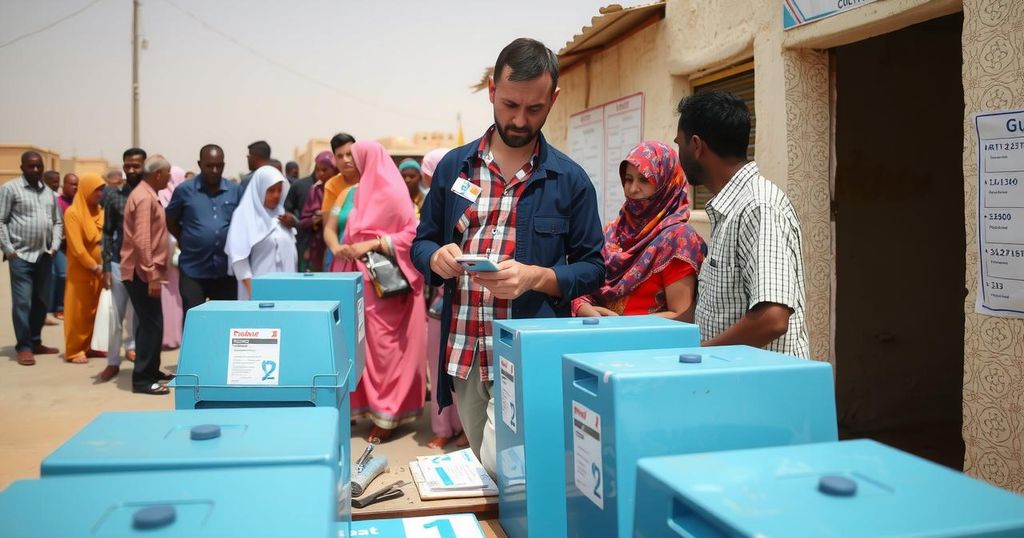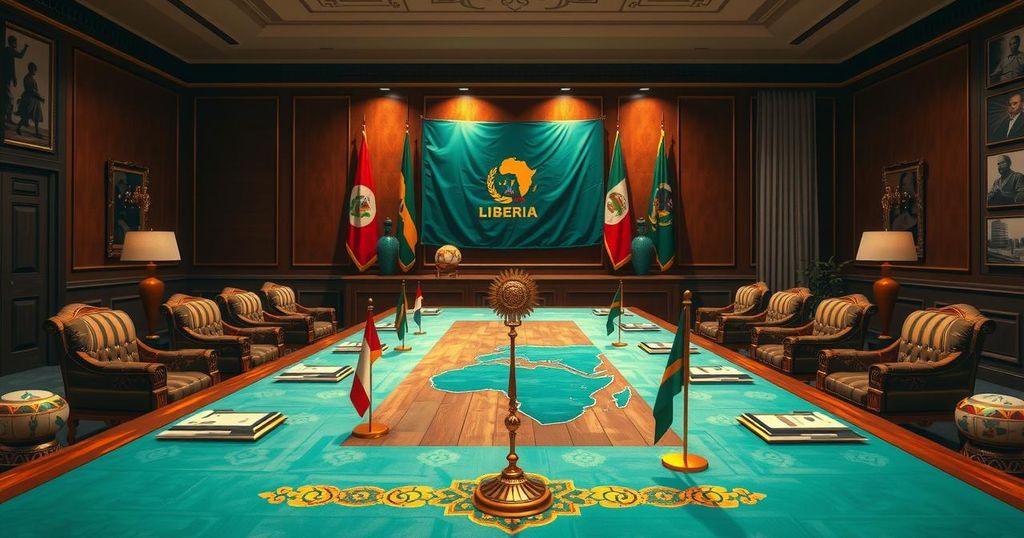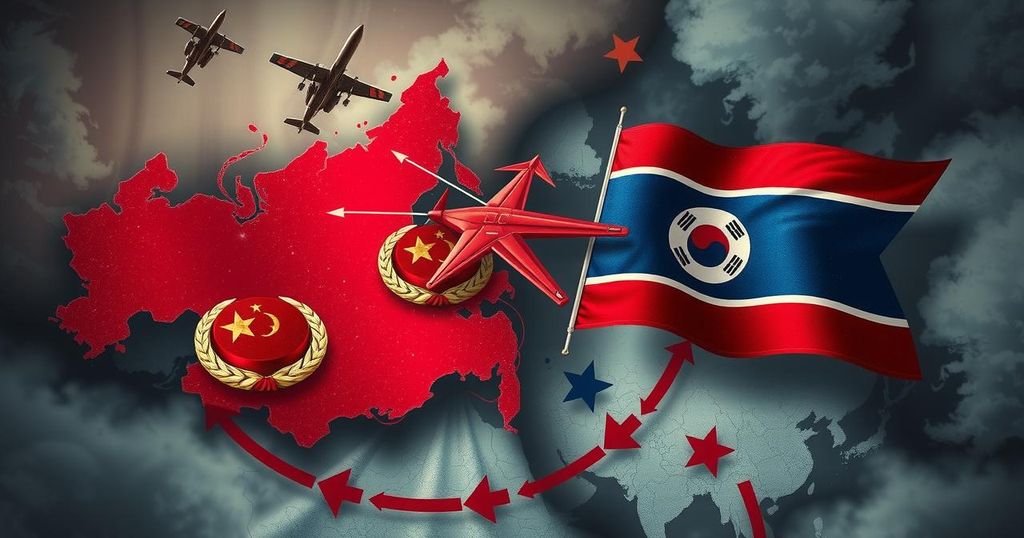Chad’s Elections Begin Amidst Opposition Boycott and Public Apathy
Voting in Chad has begun amidst an opposition boycott, labeling the elections a sham aimed at entrenching the ruling party’s power. Initial turnout reports indicate significant participation from military personnel and nomadic tribes, despite public indifference and concerns over corruption and living costs. Analysts question the legitimacy of the elections, viewing them as favoring the ruling Patriotic Salvation Movement amidst a troubled political backdrop.
Voting has commenced in Chad as President Mahamat Idriss Deby Itno has framed these elections as a pivotal move toward democratic transition. However, the country’s opposition parties have initiated a boycott, deeming the electoral process a facade designed to solidify the ruling party’s dominance. Initial reports indicate that military personnel and nomadic tribes voted early, while the broader population is scheduled to participate in the elections for national parliament, regional assemblies, and local councils on Sunday. Public sentiment appears to be one of apathy, with many citizens expressing skepticism regarding any significant political shifts resulting from the elections. Concerns over high living costs, corruption, and nepotism dominate conversations among voters.
Despite the boycott by the opposition, estimates reveal that approximately 45 percent of the 200,000 nomadic tribespeople and 45,000 soldiers had already cast their votes by midday on Saturday. According to Ousmane Houzibe, a senior election management official, the voting process among military personnel was proceeding without incident. The elections are occurring in a context rife with challenges, including ongoing threats from the Boko Haram group in the Lake Chad region and recent military agreements restructuring post-colonial ties with France, as well as accusations of interference in neighboring Sudan’s crisis.
The elections signal the culmination of a three-year transition period following the ascension of President Deby after his father’s lengthy rule. Although analysts recognize the elections as a significant milestone for Chad’s political landscape, they also express doubt concerning the legitimacy of the electoral process, which appears heavily skewed in favor of the ruling Patriotic Salvation Movement party. The independence of the electoral management body is called into question, as it is perceived to consist predominantly of individuals with allegiance to the incumbent administration. President Deby previously faced allegations of electoral fraud during the May presidential mandate ballot where opposition parties raised similar objections to fairness and transparency.
Chad’s current political climate is marked by significant tension and upheaval following the transition of power from long-time leader Idriss Deby Itno to his son, Mahamat Idriss Deby Itno, after the former’s death in 2021. With a historical backdrop of authoritarian rule, the current elections have been positioned by the ruling party as a key step towards democratization, despite widespread skepticism from opposition groups. Allegations of election fraud, political corruption, and the recent end of military ties with France contribute to an environment that raises red flags regarding the credibility of the electoral process and democratic governance in Chad.
In summary, Chad’s elections represent a critical juncture in its political transition; however, the opposition’s boycott and prevailing public sentiment of indifference cast doubt on their legitimacy. With a significant portion of the electorate feeling disillusioned about the potential for change, the potential for voter turnout remains uncertain. Analysts have expressed concern over the influence of the ruling party on electoral processes, which may undermine any prospects for genuine democracy in Chad.
Original Source: www.aljazeera.com




Post Comment